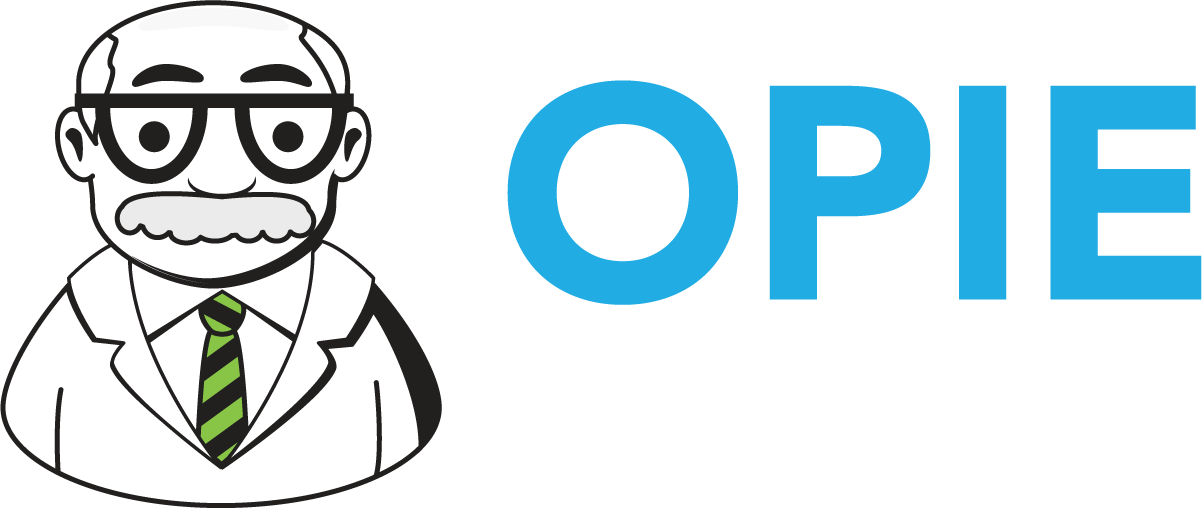Financial Management: Maximizing Your Team
Last week I walked you through making the decision between in-house and outsourced financial management. Whether you've decided to insource or outsource your financial management, the key is to establish solid internal processes and maintain an unwavering focus on checks and balances. Here are some steps you can take to ensure your financial operations are sound and to maximize the effectiveness of your financial management approach no matter which path you take.
1. Establish Robust Internal Processes
Regardless of your choice, solid internal processes are crucial. For allied health practices, this means setting up systems that ensure accuracy, transparency, and compliance with industry regulations.
Separation of Duties
In any organization, separation of duties is key. Even in small practices, it's critical that no one person has complete control over the financial process. There should always be multiple eyes reviewing transactions to prevent errors or fraud. For instance, the person who receives payments shouldn't be the same one who reconciles the books.
Regular Financial Reviews
Schedule monthly or quarterly financial reviews to help you stay on top of your practice's financial health and make informed decisions. These sessions should involve key stakeholders and cover:
Revenue trends
Expense analysis
Cash flow projections
Budget variances
2. Embrace the "Trust but Verify" Approach
Whether you're working with an in-house team or an outsourced vendor, don’t rely solely on their word. Establish a system of oversight to trust but verify their statements.
Request and review regular financial reports. These should include:
Profit and Loss statements
Balance sheets
Cash flow statements
ROI or ROA data
Accounts receivable and payable aging reports
Ask probing questions and don't be afraid to dig deeper. Ask questions like:
What steps are you taking to ensure accuracy in my financial statements?
Can you explain how you track accounts payable and receivable?
Ask them to report on any trends they observe (positive or negative).
3. Invest in Financial Literacy
Whether you're handling finances in-house or outsourcing, improving your own financial literacy is crucial. As a practice owner, understanding the basics of financial management will help you make better decisions and more effectively oversee your financial team or vendor.
Consider attending our webinar early next year on the basics of financial literacy. The date isn’t set yet but will be posted in our calendar.
4. Vet Your CPA Firm or Vendor Carefully
If you're hiring an outsourced CPA firm, bookkeeper, or financial consultant, thoroughly vet them before signing a contract. Look for professionals who understand GAAP (Generally Accepted Accounting Principles) and have experience working with businesses of your size and industry. Be sure to check their credentials, ask for references, and review their past work.
It’s also a good idea to include an audit clause in your vendor agreement. This ensures you can periodically review their work to confirm everything is being handled accurately.
5. Focus on Revenue Cycle Management
For allied health practices, effective revenue cycle management is crucial. Whether in-house or outsourced, ensure your financial team is well-versed in the nuances of healthcare billing and reimbursement. Key areas to focus on include:
Accurate coding and documentation
Timely claim submission
Proactive follow-up on denied claims
Patient payment collection strategies
6. Implement Strong Internal Controls
Regardless of your chosen approach, strong internal controls are non-negotiable. These help prevent fraud, ensure accuracy, and maintain compliance with regulatory requirements. Some key controls to consider:
Regular bank reconciliations
Strict approval processes for expenses
Secure systems for handling patient financial information
Regular audits of financial processes
7. Plan for Growth and Scalability
As your practice grows, your financial management needs will evolve. Whether you're insourcing or outsourcing, ensure your approach can scale with your practice.
For in-house teams, this might mean investing in ongoing training and development. For outsourced solutions, look for vendors who can offer a range of services to meet your changing needs.
8. Prioritize Compliance and Ethics
In the healthcare industry, compliance is paramount. Ensure your financial management approach prioritizes adherence to all relevant regulations, including HIPAA, Medicare rules, and state-specific requirements.
Develop a compliance program that includes:
Regular training for staff
Periodic internal audits
A system for reporting and addressing compliance issues
Conclusion: Continuous Improvement is Key
Maximizing the effectiveness of your financial management is an ongoing process. Regularly assess your approach, be open to change and always look for ways to improve. Whether you're managing finances in-house or working with an outsourced partner, the goal remains the same: to create a financial management system that supports the growth and success of your practice.
By implementing these strategies, you'll be well on your way to achieving financial clarity, stability, and success, allowing you to focus on what matters most – providing excellent care to your patients.

